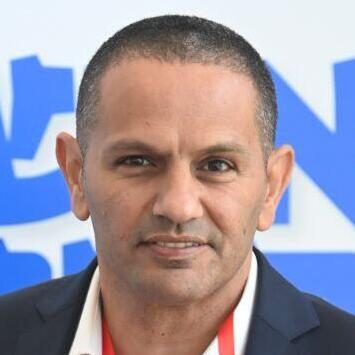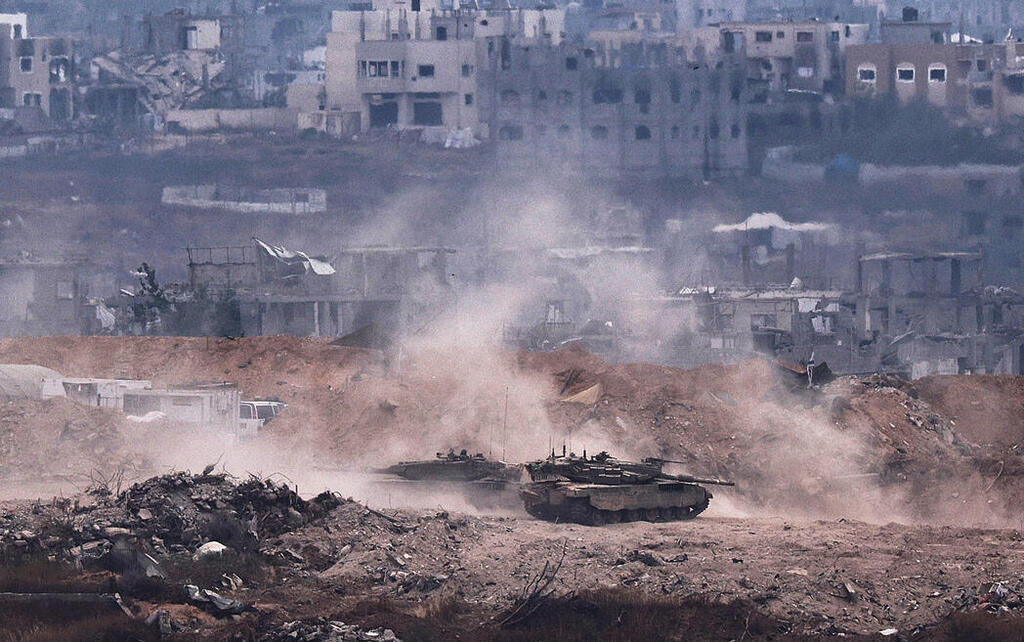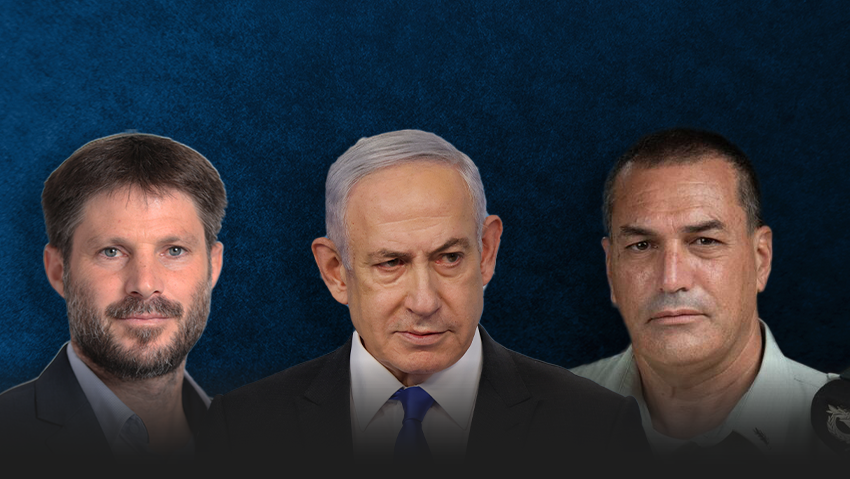Less than two months after Lt. Gen. Herzi Halevi's successor, Chief of Staff Lt. Gen. Eyal Zamir, took office to high praise from Israel’s leadership, tensions between him and the political echelon have already erupted — a replay of the frustrations that marked the end of Halevi’s term.
Despite a year and a half of fighting, Cabinet ministers have not changed their mode of operation; they have merely shifted their attacks from Halevi to Zamir, ignoring the fact that the government — not the military — set the cautious, gradual war strategy and authorized negotiations handled by the prime minister’s confidant, not by those who previously brokered the two past hostage agreements.
In reality, not only is the military bleeding against a Hamas force adept in small-unit guerrilla warfare, but senior Israeli officials say Qatar’s involvement in negotiations is complicating talks, emboldening Hamas to raise its demands while the IDF endures mounting losses.
According to these officials, a more effective approach would be to conduct negotiations solely through Egypt, which would better gauge Hamas’ seriousness and its ability to deliver the hostages — and determine whether a comprehensive deal is even possible.
Meanwhile, the worst-case scenario is unfolding: no decisive military breakthrough, growing casualties among IDF forces and a hardening Hamas stance backed by Qatar. In response, the IDF recommends intensifying military pressure and deploying additional forces — a move that carries inevitable risks, both to soldiers' lives and to the fragile status of the hostages.
Yet instead of confronting hard choices with gravity and leadership, the Cabinet once again resorted to scapegoating — targeting Zamir with political attacks, supported by Prime Minister Benjamin Netanyahu’s media allies. It bears reminding: Netanyahu himself set the strategy of calibrated military pressure aimed at reaching a partial hostage deal without toppling Hamas.
As usual, Netanyahu did not defend Zamir, who politely but firmly rebutted criticism from Finance Minister Bezalel Smotrich and Transportation Minister Miri Regev. Zamir, now well aware that facts are irrelevant when frustration takes hold, has become the convenient fall guy in uniform.
Much of the anger directed at Zamir centers on his opposition to using IDF soldiers for humanitarian aid distribution. Claims that Zamir “flip-flopped” do not hold up: he consistently opposed sending Givati Brigade soldiers to distribute food in Gaza, warning it would endanger their lives. His position — that civilian companies should handle the task under IDF security — was ultimately adopted last Thursday, rendering the controversy little more than political theater aimed at managing internal criticism from the voter base.
Get the Ynetnews app on your smartphone: Google Play: https://bit.ly/4eJ37pE | Apple App Store: https://bit.ly/3ZL7iNv
Meanwhile, politicians have shown far less courage toward another figure: U.S. President Donald Trump, who revealed Friday that he had asked Netanyahu to "be good to Gaza" because "the people are suffering." Had such a statement come from Joe Biden, Netanyahu’s allies would have launched a public outcry. What is most frustrating about Trump’s remarks is their implication: Netanyahu failed to fully leverage the open support Trump provided during the first 100 days of the war.
Now Israel faces grim choices. Hamas demands international guarantees for a five-year ceasefire and the return of all hostages — at a steep price. IDF post-October 7 investigations consistently conclude that allowing Hamas to persist beyond the border fence is intolerable. Despite the heavy blows it has suffered, Hamas retains capabilities for anti-tank fire, explosives, ambushes and rocket attacks, as well as a functional command structure.
 Yossi Yehoshua
Yossi YehoshuaThe two IDF soldiers killed recently were operating in buffer zone expansion efforts along the Gaza border — critical work to separate Israeli communities from Hamas operatives. Exiting this zone would leave those communities vulnerable.
It is crucial to stress: there is no intention to "abandon" the hostages. Leaving them behind would contradict every moral principle of Israeli and Jewish values and carry an immense cost. Yet at every stage, the price — military, moral and strategic — must be honestly acknowledged, especially by decision-makers who prefer attacking the chief of staff to facing the public with the truth.




